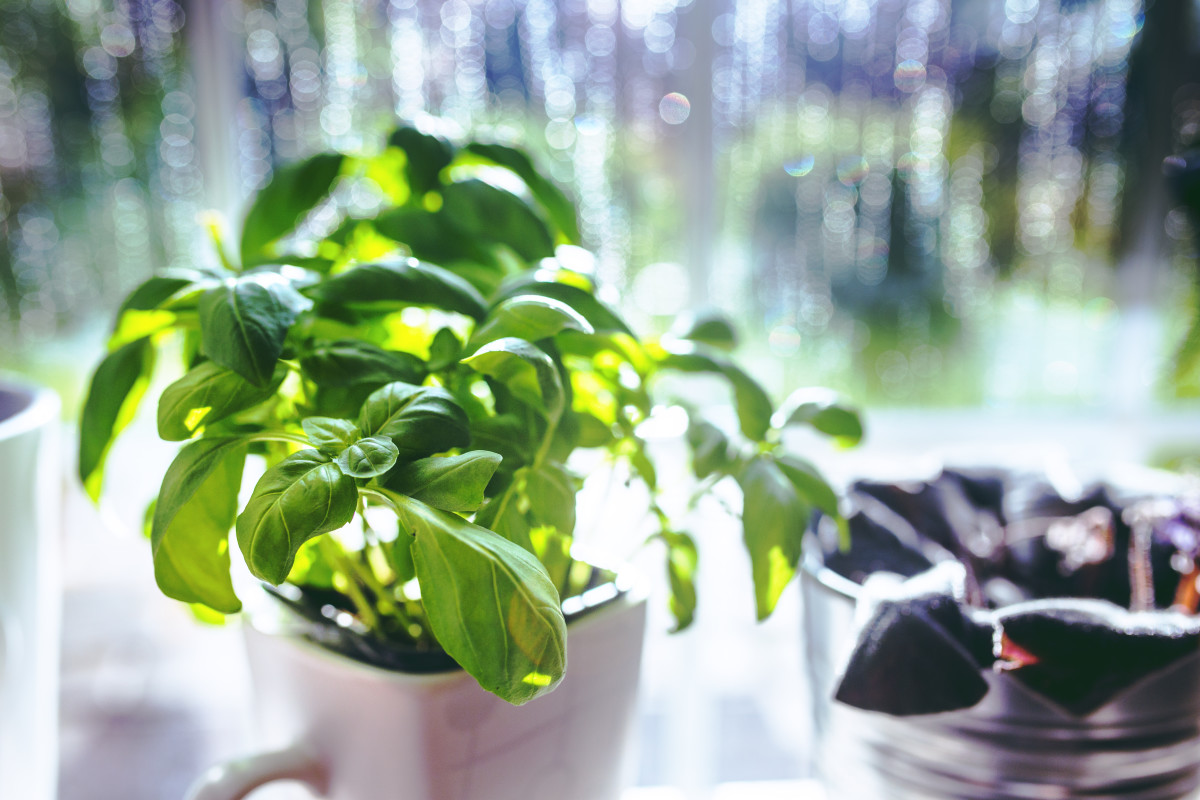Gardening 101: Getting Started

Are you thinking of starting a garden this Spring but don’t know where to begin? Well, we’ve got you covered!
Learn the lunar cycle! The cycle of the moon can have an affect on your seeds and how they prosper. For centuries humans have used the moon to mark, sprouting, planting and harvesting for best results.
Sprout more seeds than you’ll want. Certain seeds have specific viability and you might start with 100 but by the time they make it to the garden only ten make it.
Buy books on permaculture or intensive agriculture. They will have guides for when to sprout plants. Since certain plants take longer to produce fruits like watermelon and tomatoes. A good guide should have a companion planting. Plants have adapted over millennia to co-operate. Creating prosperity for each other. They may bring up specific nutrients from deep down in the soil, or create certain chemicals to ward off hazardous pests. Very powerful when working and tending a garden after work.

Plot the sun! There are apps out there that will tell you where the sun will be at certain times of year in your location. This helps you plan where to plant and where to locate full sun and partial sun plants.
Learn what makes soil work. Contrary to chemical agriculture, there’s a synergy of life in great soil. So does your yard have good soil? Or should you bring in soil? Plant in the ground? Or build up?
It’s a combination of life that you need to build your soil. Things you don’t think of like bacteria and fungus are what actually help break down and release nutrients in order for plants to take them up. Consider bacteria like mycorrhizae, it assists in converting nutrients plants uptake. Adding culinary and wild mushrooms to your garden can grow those mushrooms and assist in nutrient uptake and transformation.
Ask people near you if the soil has been good for them. Ask local farmers and gardeners what their hurdles have been. Their mistakes can turn a stumbling stone into a stepping stone. Contact local soil providers before you buy to ensure they do not spray their dirt with hazardous herbicides.
Contact the city to find locations of locally collected and created compost, available at several city-run locations. As always ask around friends and family to find good compost to add to the garden. Best of all start your own compost at home. When done right it should not smell!

Use real water! Tap water is manipulated to allow it to be pressurized pumped and sit for long periods in decades-old piping infrastructure. It’s not optimized for human and plant life. Distilled, rain water, well water, anything not treated with chemicals. Antibiotic effects of chlorine can kill beneficial fungus and could harm plants from sprouting to in the garden as well.
The easies way to start is with herbs. Herbs are closest to their wild ancestors. Modern produce is not capable of surviving in the wild most times. That’s why we must assist them in the garden and guard and baby them until they get to a form we will ingest. Herbs are strong and will require less protection and assistance. Herbs can be easily grown and survive in harsh climates. Starting herbs indoors and the perfect way to lean how to tend to a plant.
Get out there and get your hands dirty.
Recommended Posts

SUDBURY MIGHT BE THE WEDDING CAPITAL OF THE NORTH!
February 26, 2020

SUDBURY COMMUTER CHALLENGE IS UNDERWAY
June 02, 2019

Eats & Asana with Selina Rose
May 24, 2018

